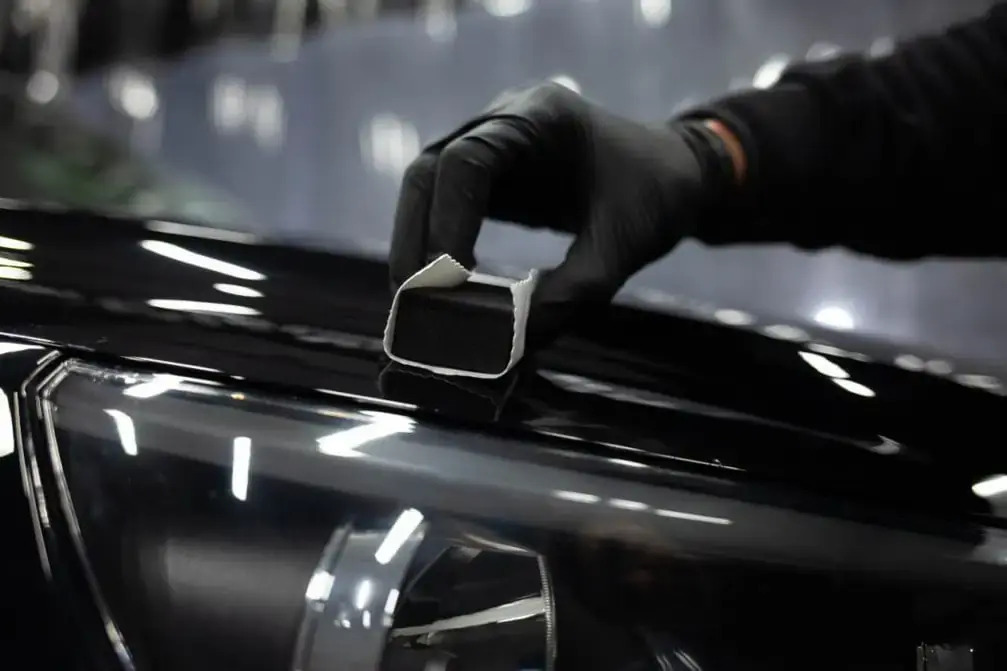Key Differences Between a Car Wash and a Truck Wash
In the automotive cleaning sector, the distinction between car washes and truck washes is significant. These services cater to different vehicle types, with unique processes and requirements for effective cleaning. Understanding these differences is crucial for vehicle owners, helping them make informed choices about how to maintain their vehicles. This blog will delve into the essential differences between a car wash and a truck wash, highlighting their respective processes, equipment, and specific cleaning needs.
Understanding Vehicle Types
Car washes are specifically designed for passenger vehicles, focusing on the particular needs of smaller cars to ensure an effective and gentle cleaning. They aim to provide a thorough clean while protecting the vehicle’s paint and finish. Conversely, a commercial truck wash is tailored for larger vehicles like trucks and trailers, which face different cleaning challenges due to their size and the heavier dirt accumulation they typically encounter. This distinction underscores the specialized approaches that each type of wash employs to meet the unique requirements of various vehicles.
Car Wash Process
The process at a car wash generally involves several key steps to ensure a thorough clean. It typically begins with a pre-soak phase, during which water and a suitable cleaning solution are applied to loosen dirt and grime. Following this, the wash stage employs soft cloths and brushes to gently clean the vehicle’s surface, minimizing the risk of scratches or damage. After the washing phase, the vehicle undergoes a rinse to remove any remaining soap, concluding with a drying stage that leaves the car spotless and ready for the road. This meticulous approach not only enhances the vehicle's aesthetic appeal but also aids in maintaining its finish over time.
Truck Wash Process
The truck washout process is characterized by a more rigorous cleaning method, specifically designed to address the larger surfaces and the heavy dirt that trucks and trailers accumulate. This process often utilizes specialized equipment, including high-pressure washing systems that can effectively remove stubborn grime and debris. The combination of powerful tools and techniques ensures that every part of the vehicle is thoroughly cleaned, including hard-to-reach areas that may not be adequately addressed in a standard car wash. This comprehensive approach is vital for preserving the integrity and appearance of commercial vehicles that face demanding road conditions.
Equipment Differences
The equipment used in car washes and truck washes differs significantly in scale and functionality. Car wash equipment typically consists of smaller machines suited for compact spaces, making them ideal for urban areas where space is often limited. These facilities usually feature automatic washers that streamline the cleaning process, along with foam brushes that gently clean the vehicle’s surface while minimizing the chance of scratches. This specialized equipment is tailored to meet the needs of passenger vehicles, ensuring a thorough yet gentle cleaning experience.
Truck Wash Equipment
On the other hand, equipment used in a commercial truck wash is designed to handle the rigorous cleaning needs of larger vehicles. This includes heavy-duty pressure washers that provide powerful streams of water to effectively tackle stubborn dirt and grime. Facilities for truck washing usually have larger washing bays to accommodate the size of trucks and trailers, allowing for comprehensive cleaning without space restrictions. Additionally, truck washes use specialized brushes and cleaning agents specifically formulated for tougher grime, ensuring that every surface of the vehicle is meticulously cleaned. This robust equipment is essential for maintaining the appearance and functionality of commercial vehicles, which often endure challenging road conditions.
Service Offerings
The service offerings at truck washes often extend beyond what is available at standard car washes. A significant service provided is the truck washout, essential for cleaning the interiors of trucks and trailers thoroughly. This includes removing any debris or spills that may have occurred during transport. Furthermore, truck washes frequently offer additional services such as heavy-duty waxing and undercarriage cleaning, which ensure that not only the exterior but also the underbody of the vehicle is protected from corrosion and wear. These specialized offerings are vital for the overall maintenance and longevity of commercial vehicles, making truck washes an indispensable resource for fleet owners and operators.
Time and Cost
When comparing car washes to truck washes, it's evident that car washes tend to be quicker and more cost-effective. The smaller size and simpler service requirements of cars facilitate a more streamlined process, resulting in less time spent and lower costs for customers. In contrast, truck washes generally require significantly more time due to the larger size of the vehicles and the more specialized cleaning services they necessitate. This combination of increased time and complexity typically leads to higher costs for truck washing services.
Location Considerations
For truck drivers, finding the closest truck wash can be critical for maintaining their schedules and ensuring their vehicles are kept in optimal condition. Unlike standard car washes, which are more commonly available, commercial truck washes are less frequent and often located strategically near highways or trucking hubs. This limited availability means that drivers must plan their routes carefully to ensure they can access the necessary services without significant delays. The accessibility of truck washes is crucial for the efficiency and upkeep of their operations.
Environmental Impact
The environmental considerations of car washes and truck washes differ markedly, particularly concerning water usage and eco-friendly practices. Car washes typically use less water and often implement eco-friendly measures such as recycling water and using biodegradable soaps. In contrast, truck washes generally consume more water due to the larger surface area and more intensive cleaning required. Additionally, truck washes are subject to stricter regulations regarding runoff and waste disposal to prevent pollution, as the detergents and debris from larger vehicles can have a more significant environmental impact. Adhering to these regulations is essential for minimizing harm to local ecosystems and ensuring sustainable practices within the industry.
Conclusion
Understanding the key differences between a car wash and a truck wash can significantly enhance your vehicle maintenance strategy. Whether you own a car or a truck, knowing what to expect will help you choose the right service for your needs. At Right on Detail, we provide exceptional car wash and commercial truck wash services tailored to meet your requirements. Our state-of-the-art facilities ensure that your vehicle receives the best care possible. If you're looking to keep your vehicle in top condition, visit us today!




